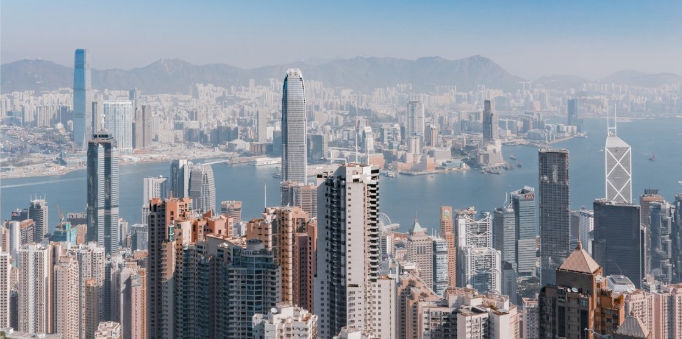Inflation and Labour Shortages Drive Higher Expenses for Firms
As companies eye Singapore as a potential alternative to Hong Kong, many may be surprised to find that rising operational costs in the city-state could impact their bottom line more than expected.
With inflation reaching its highest level in 14 years, Singapore has seen sharp increases in expenses such as talent acquisition, office rents, and utilities. These cost pressures are growing at a faster pace than in Hong Kong, where price rises have been more moderate despite ongoing challenges.
Office Rents: Costs Closing the Gap
While Hong Kong remains the most expensive office market globally, its political uncertainties and strict Covid-19 policies have forced landlords to lower rents in core business districts by 4% in the first half of 2022. In contrast, Singapore’s office rents in the central business district have continued to climb, narrowing the cost gap between the two cities.
Despite this increase, Singapore’s office rental costs still trail behind Hong Kong and even Beijing, according to JLL Singapore.
Labour Market Tightness
Singapore’s early shift to a “living with Covid” approach, coupled with the relaxation of most restrictions, has helped it attract more white-collar talent. In contrast, Hong Kong’s late move to ease quarantine measures has caused it to lag behind.
Labour shortages remain a concern for both hubs. Singapore’s job vacancy-to-unemployment ratio hit a historic high in Q2 2022, pushing salaries for new hires higher than those in Hong Kong in several key sectors. Civil servants in Singapore are set to receive pay raises of 5% to 14% this year, compared to a proposed 2.5% increase in Hong Kong.
Electricity and Utilities: Rising Energy Costs
Energy inflation has added another layer of cost for businesses. Although Hong Kong regulates its electricity providers, global energy price shocks have driven up costs. However, Singapore’s electricity inflation rates have outpaced those of Hong Kong, reaching record levels.
Is Singapore’s Boom Sustainable?
Despite these rising costs, business formation in Singapore hit a 17-month high in August, indicating that firms remain optimistic about the city-state’s prospects. According to Maybank economist Chua Hak Bin, higher manpower and rental costs may slow the pace of new businesses but are unlikely to derail the upward trend.
For companies considering relocation or expansion, the decision may hinge on longer-term trends. Will Singapore’s costs continue to rise at this pace, or will Hong Kong’s recovery from Covid restrictions bring its prices back into focus? Other structural factors, including geopolitical tensions and the shift of supply chains toward ASEAN, will also weigh heavily on the decision-making process.








